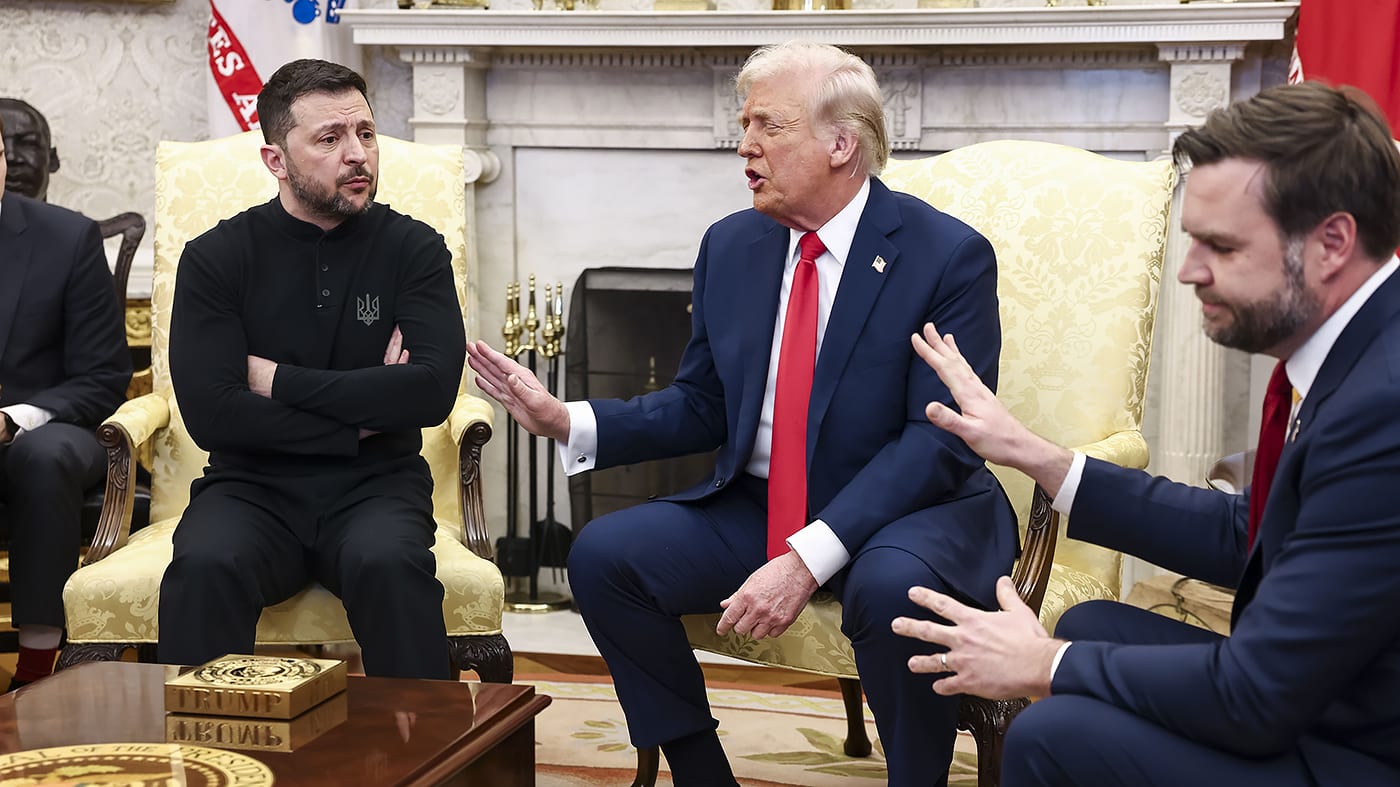While Coca-Cola is one of the world’s most widely available brands, known in nearly every corner of the globe, it remains conspicuously absent from two countries: North Korea and Cuba. Due to unique political situations and trade restrictions, citizens in these nations cannot purchase Coca-Cola as easily as people elsewhere. This unusual gap in availability underscores how politics can influence even the most universal consumer goods.
Coca-Cola’s Global Reach — Except in North Korea and Cuba
For decades, Coca-Cola has expanded across continents, establishing itself as a globally recognized symbol of Western consumer culture. Today, Coca-Cola is sold in over 200 countries and regions. However, in North Korea and Cuba, historical and political dynamics prevent this iconic brand from reaching store shelves.
The Case of North Korea
North Korea, officially known as the Democratic People’s Republic of Korea (DPRK), operates under strict governmental control with limited foreign influence. The U.S. and many Western countries have imposed sanctions on North Korea, restricting trade due to its nuclear weapons program and human rights concerns. As a result, American products, including Coca-Cola, are not legally distributed in North Korea, and its presence remains non-existent.
Coca-Cola in Cuba: Political Ties and Restrictions
Cuba’s absence of Coca-Cola dates back to 1962 when the U.S. imposed a trade embargo on the nation. This restriction was put in place following the Cuban Revolution, when Fidel Castro’s government nationalized American-owned businesses. As of today, even though some diplomatic relations have softened, the embargo remains largely in effect, and Coca-Cola products are still officially unavailable in Cuba.
The Influence of Politics on Consumer Goods
The absence of Coca-Cola in North Korea and Cuba highlights the impact of political tensions on consumer products. While Coca-Cola is readily accessible in most nations, political policies and sanctions can restrict even the most ubiquitous brands from reaching certain populations. For North Koreans and Cubans, Coca-Cola has become a symbol of Western influence they cannot access, underscoring how consumer goods can serve as quiet markers of geopolitical relations.







